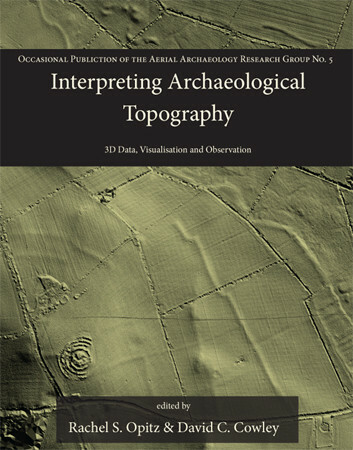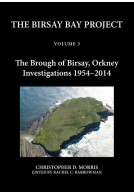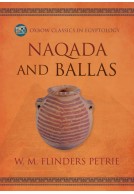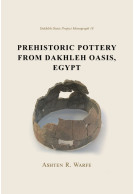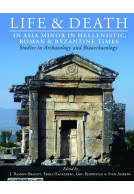Interpreting Archaeological Topography (Hardback)
3D Data, Visualisation and Observation
Imprint: Oxbow Books
Pages: 288
Illustrations: 185 col illus
ISBN: 9781842175163
Published: 8th January 2013
Script Academic & Professional
Pages: 288
Illustrations: 185 col illus
ISBN: 9781842175163
Published: 8th January 2013
Script Academic & Professional
You'll be £50.00 closer to your next £10.00 credit when you purchase Interpreting Archaeological Topography. What's this?
+£4.99 UK Delivery or free UK delivery if order is over £40
(click here for international delivery rates)
Order within the next 11 hours, 35 minutes to get your order processed the next working day!
Need a currency converter? Check XE.com for live rates
(click here for international delivery rates)
Order within the next 11 hours, 35 minutes to get your order processed the next working day!
Need a currency converter? Check XE.com for live rates
Airborne Laser Scanning (ALS), or lidar, is an enormously important innovation for data collection and interpretation in archaeology. The application of archaeological 3D data deriving from sources including ALS, close-range photogrammetry and terrestrial and photogrammetric scanners has grown exponentially over the last decade. Such data present numerous possibilities and challenges, from ensuring that applications remain archaeologically relevant, to developing practices that integrate the manipulation and interrogation of complex digital datasets with the skills of archaeological observation and interpretation. This volume addresses the implications of multi-scaled topographic data for contemporary archaeological practice in a rapidly developing field, drawing on examples of ongoing projects and reflections on best practice.Twenty papers from across Europe explore the implications of these digital 3D datasets for the recording and interpretation of archaeological topography, whether at the landscape, site or artefact scale. The papers illustrate the variety of ways in which we engage with archaeological topography through 3D data, from discussions of its role in landscape archaeology, to issues of context and integration, and to the methodological challenges of processing, visualisation and manipulation. Critical reflection on developing practice and implications for cultural resource management and research contextualize the case studies and applications, illustrating the diverse and evolving roles played by multi-scalar topographic data in contemporary archaeology.
Other titles in Oxbow Books...







